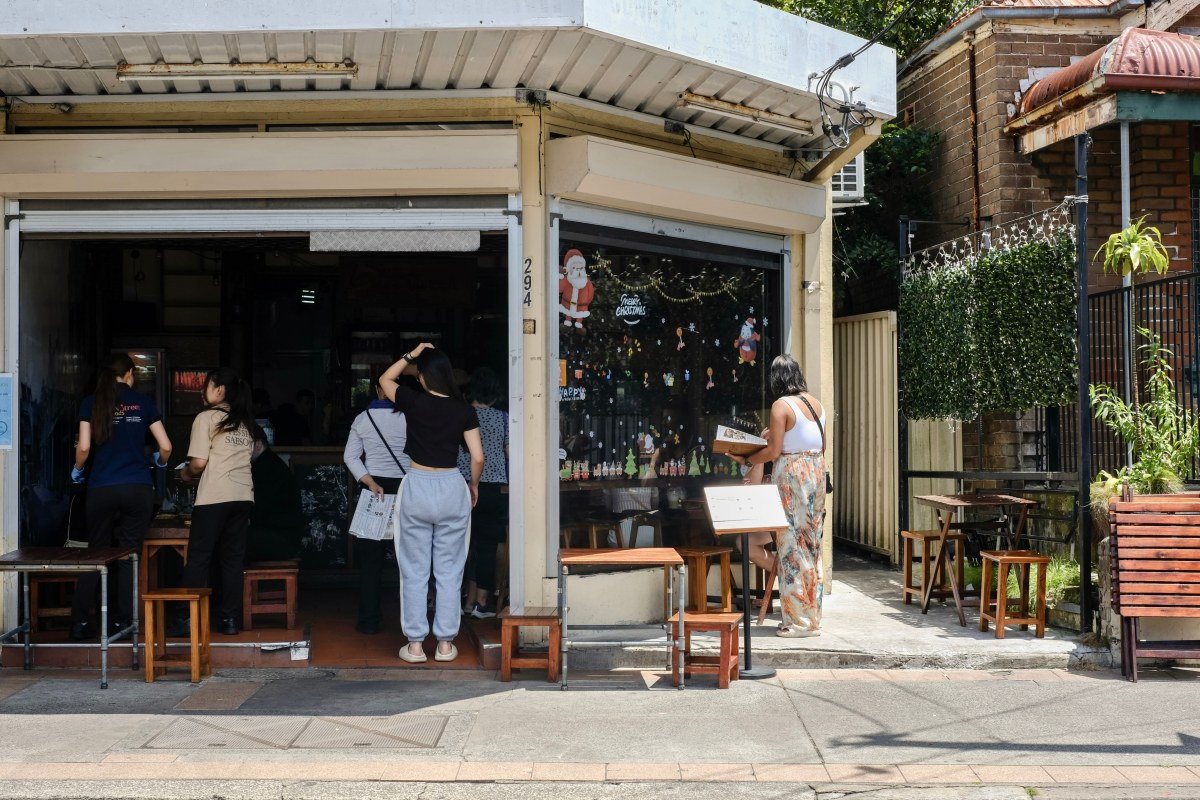Bland vs Hostie: Side-by-Side Review of Restaurant AI Voice Technologies
Resource
Compare Loman vs Hostie side by side. See which platform helps restaurants manage reservations, takeout, and event inquiries more effectively.
October 1, 2025
•
Comparison

Running a restaurant is a constant balancing act. When the dining room is full and the phones won’t stop ringing, even small gaps in your systems can mean big revenue losses.
Right now, 62% of operators say they don’t have enough staff to meet customer demand. On top of that, restaurants miss an average of 150 calls per month. And the majority of those calls are tied directly to reservations or takeout orders.
Basically, dozens of guests every month are trying to connect with you but never make it through. That’s real money walking away.
If you’re comparing Loman vs Hostie, you’re already thinking like an operator who wants to close those gaps by using the right tools. Let’s break down both platforms feature by feature so you can decide which one fits your restaurant best.
Loman works mainly as a reservations and table management tool. It gives you a dashboard where staff can log bookings and see how the night is filling up.
It’s designed to keep the front desk organized – preventing double-seating, tracking guest flow, and making sure staff have a clear view of the floor.
Some operators also use it to store basic guest info, but Loman is mainly about keeping reservations tidy and accessible.
If what you need is a straightforward digital reservations book, Loman does that job well.

Hostie was built by restaurant people who know how hectic a busy shift can get. Instead of just giving you a dashboard, Hostie helps catch every call, text, or request that comes in.
The idea isn’t to replace anyone on your team but rather to address the repetitive interruptions that pull focus away from guests in the dining room.
With Hostie, your guests always feel taken care of, and your staff gets to stay present where they’re needed most.

Let’s look at how both platforms handle the essentials: reservations, takeout, events, staff impact, communication, and pricing.
Loman offers a structured dashboard where staff manually input and update bookings. It helps restaurants avoid double-booking and provides an at-a-glance view of daily traffic.
Hostie takes reservations a step further. Instead of relying solely on staff availability, Hostie answers every call and text, confirms guest bookings, and reduces missed opportunities. That’s why places like Belotti Ristorante trust Hostie’s virtual concierge, which now handles around 90% of their calls, freeing their team to focus on hospitality instead of the phone.
Loman provides workflows for managing takeout, but still leans heavily on staff to capture orders. If phones are ringing off the hook, missed calls can translate to lost orders and disappointed regulars.
Hostie automatically captures takeout orders via phone or text. When a guest calls for a to-go order, Hostie makes sure it’s confirmed and sent to the team, even if the line is busy. At scale, that impact adds up: the Stinking Rose Group has already run more than 24,000 calls through Hostie’s AI phone answering system.
Loman gives restaurants a way to log and track events and private dining requests. The system provides a place to record details and centralize information, which helps managers follow up later. But it still depends on staff being available to answer the phone or check email at the moment.
Hostie ensures that every event inquiry gets a timely response. It gathers guest details (like party size, date, and preferences) and passes them along to staff so they can focus on planning and upselling. To be clear, Hostie isn’t a full event management system. Instead, it specializes in capturing those first critical details so no opportunity slips by unnoticed.

Loman has a straightforward dashboard, though staff still need to actively monitor and respond to requests. The learning curve is relatively light, but the reliance on manual input can weigh on already busy teams.
Hostie was built to reduce staff overhead while improving guest satisfaction. Teams don’t have to choose between answering the phone and taking care of guests already in the dining room. This frees up bandwidth, improves service consistency, and helps prevent staff burnout.
Loman supports guest communication through its platform, but responsiveness depends on whether staff are actively engaged. Peak times often mean slower responses.
Hostie gives you consistent coverage. Every call and text gets answered, whether it’s a booking, a takeout order, or a question about the menu or private dining. Guests feel heard and cared for, and you can confidently deliver that “always on” service without overloading your team.
Loman keeps its pricing relatively simple, but it varies based on the size of the operation and the specific features you need. Most restaurants use it as an affordable entry point into digital reservations, paying primarily for table management and booking tools.
Hostie takes a different approach. Pricing is transparent and designed around multi-channel coverage — not just reservations, but also takeout and event inquiries.
Instead of charging extra for each new communication channel, Hostie bundles them together, so one subscription means your phones, texts, and guest inquiries are all consistently covered.

If all you need is a digital reservations book and your team can reliably handle every call, text, and inquiry in real time, then Loman does the job.
But if you’re tired of juggling ringing phones, missed takeout orders, and event leads slipping through the cracks, Hostie is built for you. It’s the modern choice for operators who want reservations and event inquiries captured automatically, without burning out staff or disappointing guests.
With Hostie, every call gets answered and every opportunity gets logged – not by pulling your staff away from guests, but by handling the busywork in the background.
The result is simple: more revenue, happier guests, and a calmer, more focused team.
We’d love to show you how it works in your restaurant. Start your free trial today and see the difference Hostie makes from the very first shift!